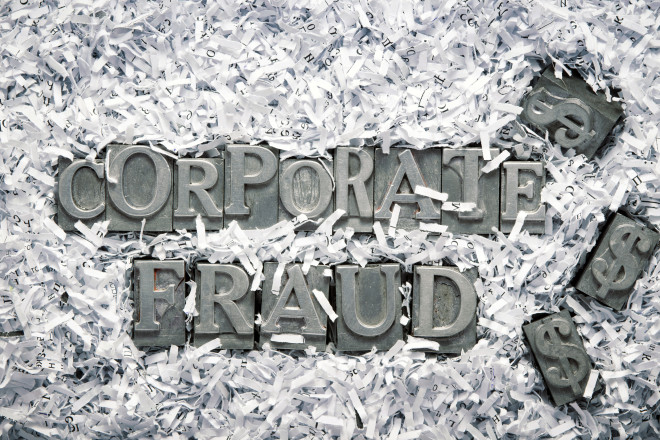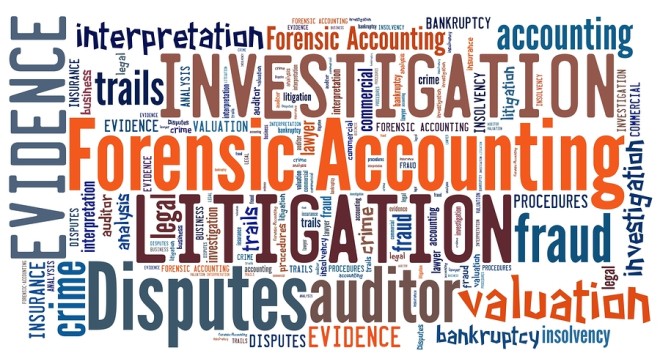What are Cost Accounting Standards?
Cost Accounting Standards (CAS) are important because they promote a better understanding of costing as a whole, and exist to ensure consistency and uniformity in cost accounting practices.
Having a system of standards and practices every government contractor can follow, ensures that investors and stakeholders can depend on the information presented to them. This credibility ensures a level playing field of sorts.
It is paramount that contractors follow CAS to avoid a potential contract violation. Government contractors must know if they are subject to all nineteen standards, or if they qualify for an exemption. Exemptions are typically based on the dollar value or type of contract. However, if you are not exempt, you must be familiar with and be prepared to adhere to each standard. Failure to do so means you will violate your contract, leading to consequences.
How CAS Affects Contracts
While cost accounting is not a new concept, CAS are specific to the United States. CAS are applicable to many different industries, including education, defense contracts, and any other industry funded, to some extent, by government funds.
It is important to note CAS applies to contracts rather than contractors. Contracts are subject to either full or modified CAS coverage. Full CAS coverage means all nineteen standards must be followed. Modified CAS coverage means only a small handful of the nineteen standards must be followed.
Regardless of the amount, a CAS Disclosure Statement is filed. This statement details the accounting practices of the contractor. Unique statements exist for educational institutions and commercial companies.
The Nineteen Cost Accounting Standards
The nineteen Cost Accounting Standards, as set by the Cost Accounting Standards Board, are as follows:
- Consistency in estimating, accumulating, and reporting costs.
- Consistency in allocating costs incurred for the same purpose.
- Allocation of home office expenses to segments.
- Capitalization of tangible assets.
- Accounting for unallowable costs.
- Cost accounting period.
- Use of standard costs for direct material and direct labor.
- Accounting for compensated personal absence.
- Depreciation of tangible capital assets.
- Allocation of business unit general and administrative expenses to final cost objectives.
- Accounting for acquisition costs of material.
- Composition and measurement of pension costs.
- Adjustment and allocation of pension costs.
- Cost of money as an element of the cost of facilities capital.
- Accounting for the cost of deferred compensation.
- Accounting for insurance costs.
- Cost of money as an element of the cost of capital assets under construction.
- Allocation of direct and indirect costs.
- Accounting for independent research and development costs & bid and proposal costs.
Cost Accounting Standards Exemptions
There are several scenarios in which contracts are exempt from the listed standards. In fact, a contract can be entirely exempt from CAS. Below are some scenarios which qualify for CAS exemptions:
- Contracts won by small businesses are always exempt from CAS, regardless of contract amount.
- Contracts in which price is set by either law or regulation.
- Contracts won by foreign governments.
- Contracts won by foreign concerns.
- All contracts under $750,000 are exempt.
- Contracts under $7.5 million are exempt if the company has not won a contract in an amount greater than $7.5 million in the past.
- Contracts for commercial items are exempt.
- Contracts won during sealed bid procedures and/or scenarios in which adequate price competition was available.
Cost Accounting Standards must be followed correctly to conduct business involving government contracts. If CAS are not followed correctly, it is not only possible, but in fact likely, your business will run into legal trouble. CAS can become complicated and difficult to navigate.
Contact us today to speak with CJA Forensic Accounting, your forensic financial experts.

 When you first hear the phrase financial statement fraud, you might think of having a bank statement that does not reflect the actual transactions that took place relating to a particular account. To be precise, financial statement fraud is a calculated method to omit, include, or misrepresent information that would affect the interpretation of a statement by the reader.
When you first hear the phrase financial statement fraud, you might think of having a bank statement that does not reflect the actual transactions that took place relating to a particular account. To be precise, financial statement fraud is a calculated method to omit, include, or misrepresent information that would affect the interpretation of a statement by the reader. Government over alleged misuse by the organization’s senior executives of finances. Kris Manos, IRD’s interim president who was brought in, hired an outside forensic accounting firm to audit finances, including charges on the credit card of former president, Arthur Keys, who retired last July. Reported in the Washington Post on February 9, 2015, it claims that a
Government over alleged misuse by the organization’s senior executives of finances. Kris Manos, IRD’s interim president who was brought in, hired an outside forensic accounting firm to audit finances, including charges on the credit card of former president, Arthur Keys, who retired last July. Reported in the Washington Post on February 9, 2015, it claims that a